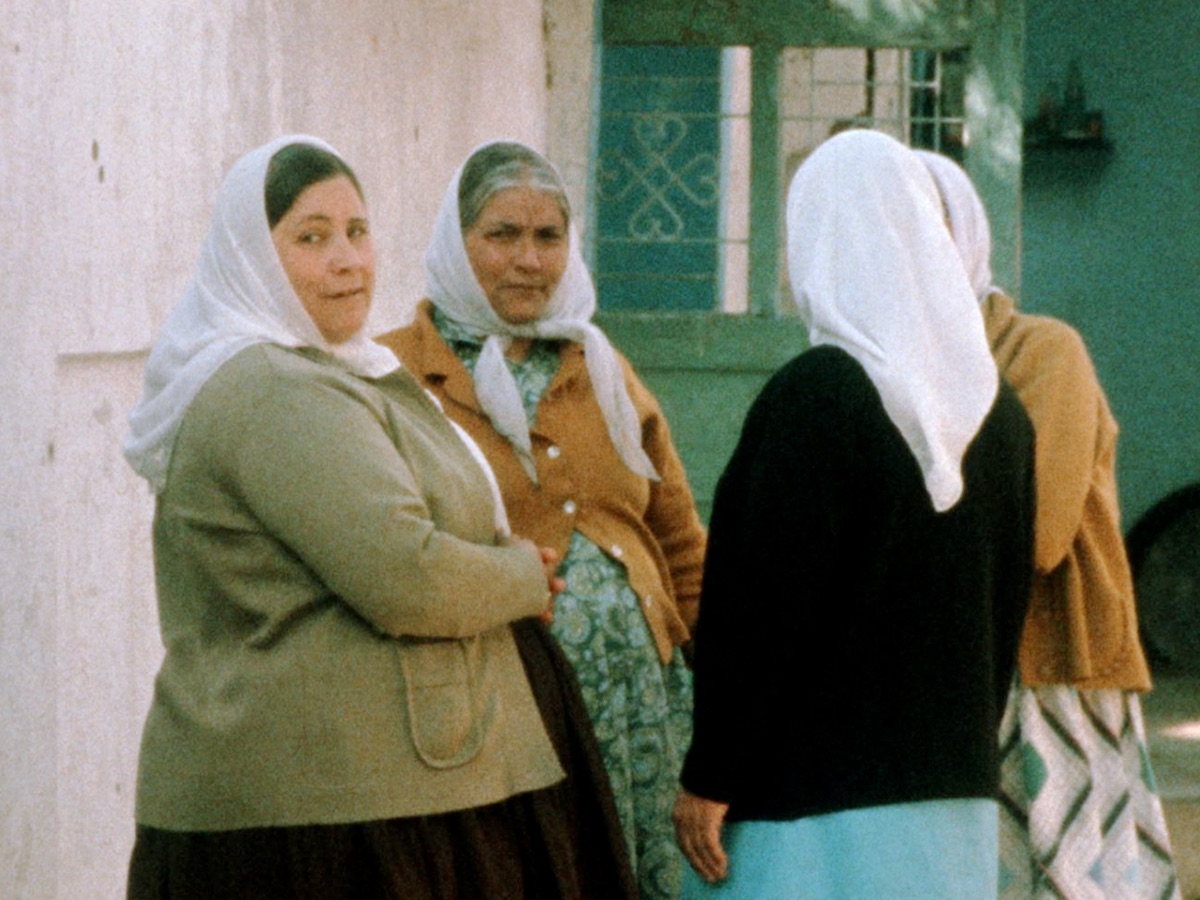
Palestinian women, the often-forgotten victims of the Israeli-Palestinian war, are here given a voice by Jocelyne Saab.
EN
“I started out as a war reporter and then became a director. What enriched me the most were my trips to the Middle East. This experience deepened my understanding of the situations I was dealing with. As a result, I became independent and able to do what I wanted, find my own style and voice, which I protected as much as possible when I didn’t have to make a living. I have been in many dangerous situations, but I have always tried to stand by and fight for what I believed in, to show and analyse a constantly changing Middle East, which fascinated me… In 1973, I made Les femmes palestiniennes for the French channel Antenne 2. I wanted to show images of these Palestinian women fighters in Syria, which were very rare at the time. It was just before Sadat’s visit to Israel, and the situation was very tense. While I was editing the film at Antenne 2, Paul Nahon, then head of foreign correspondence, grabbed me by the collar and pulled me out of the editing room. Les femmes palestiniennes was shelved and never televised.”
Jocelyne Saab1
Gaston Haustrate and Corinne McMullin: Did your film practice sometimes transform your awareness of the political problem?
Jocelyne Saab: Certainly, and here we’re talking about the role of the image in information. I became aware of the limitations of the field of militant cinema, and of the reversal of meaning an image can provoke. Sometimes the images backfired on me; the established principles and precepts weren’t the ones to follow.
The best example is a short film I made about the Palestinian commandos in 1973. I thought I was defending the Palestinian cause by going to live and film in a suicide commando base.
I approached the situation in a very journalistic way, without any distance towards the subject filmed and towards the image. I thought I had turned this raw footage into a strong film. When it was shown on television, it was a shock because the images were too much and, ultimately, did a disservice to the Palestinian cause.
People said: “Look at this fanaticism, this terrorism.” They were commandos of the Rejectionist Front; they wore balaclavas and swore an oath by extending their arms like the Nazis. Those desperate Palestinians had become Nazis. It would have sufficed if I had filmed them differently, from another angle, in other light. That was an important lesson for me, both in terms of cinema and politics.
Gaston Haustrate and Corinne McMullin in conversation with Jocelyne Saab2
- 1Jocelyne Saab interviewed by Nicole Brenez, 20 December 2015.
- 2Gaston Haustrate and Corinne McMullin, ““The public needs fiction, and several of us are moving in that direction”. Interview with Jocelyne Saab,” translated by Sis Matthé, Sabzian, 7 April 2021. Originally published as “Le publique a besoin de fictions et nous sommes plusieurs à aller dans ce sens” in Cinéma, 278 (February 1982).

